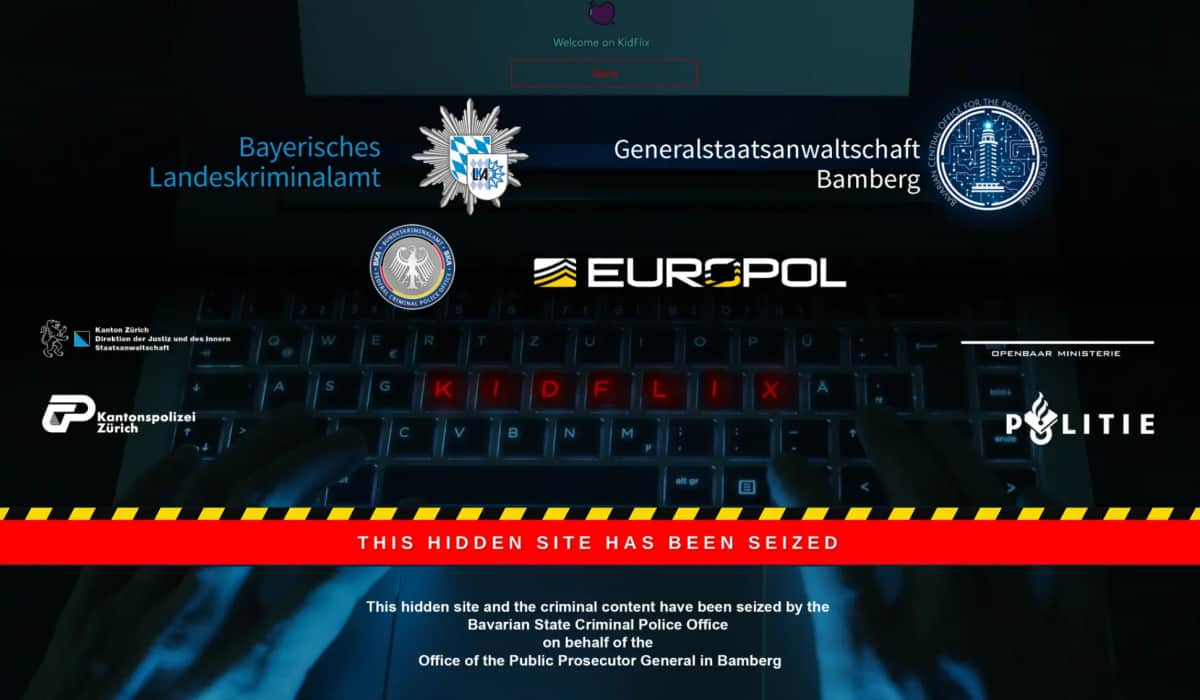BOOK THIS SPACE FOR AD
ARTICLE AD10. June 2021
This article has been indexed from Deeplinks
Imagine this: a limited liability company (LLC) is formed, for the sole purpose of acquiring patents, including what are likely to be low-quality patents of suspect validity. Patents in hand, the LLC starts approaching high-tech companies and demanding licensing fees. If they don’t get paid, the company will use contingency-fee lawyers and a litigation finance firm to make sure the licensing campaign doesn’t have much in the way of up-front costs. This helps give them leverage to extract settlements from companies that don’t want to pay to defend the matter in court, even if a court might ultimately invalidate the patent if it reached the issue.
That sounds an awful lot like a patent troll. That’s the kind of entity that EFF criticizes because they use flimsy patents to squeeze money from operating companies, rather than making their own products. Unfortunately, this description also applies to a company that has just been formed by a consortium of 15 large research universities.
This patent commercialization company has been secretly under discussion since 2018. In September 2020, it quietly went public, when the University of California Regents authorized making UC Berkeley and UCLA two of its founding members. In January, the DOJ said it wouldn’t challenge the program on antitrust grounds.
It’s good news when universities share technology with the private sector, and when startup companies get formed based on university research. That’s part of why so much university research is publicly funded. But there’s not much evidence that university patenting helps technology reach the public, and there’s a growing body of evidence that patents hinder it. Patents in this context are legal tools that allow someone to monopolize publicly-funded research and capture its promise for a private end.
While larger tech companies can absorb the cost of either litigating or paying off the patent assertion entity, smaller innovators will face a much larger burden, pro
[…]
Content was cut in order to protect the source.Please visit the source for the rest of the article.
Read the original article: 15 Universities Have Formed A Company That Looks A Lot Like A Patent Troll
By continuing to use the site, you agree to the use of cookies. more information
The cookie settings on this website are set to "allow cookies" to give you the best browsing experience possible. If you continue to use this website without changing your cookie settings or you click "Accept" below then you are consenting to this.
.png)















 Bengali (Bangladesh) ·
Bengali (Bangladesh) ·  English (United States) ·
English (United States) ·